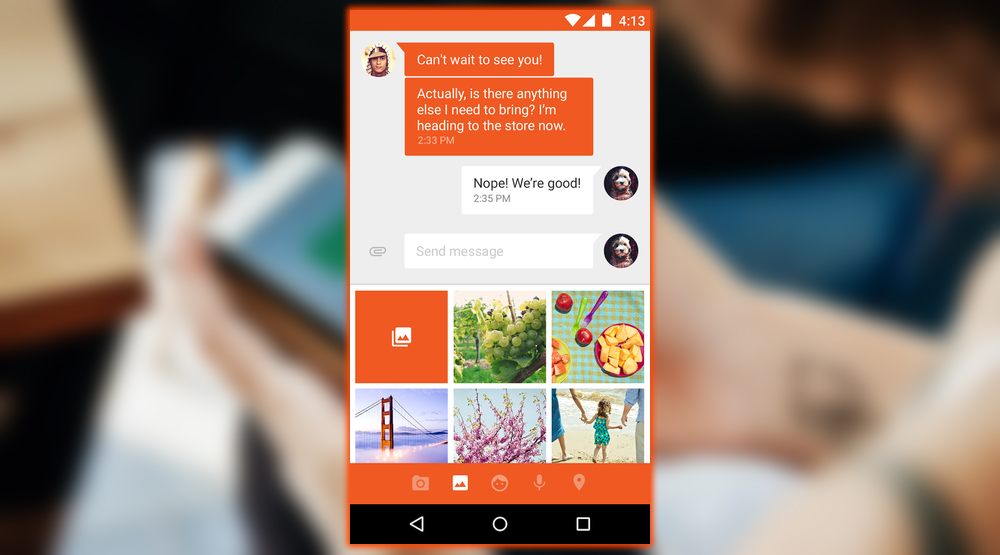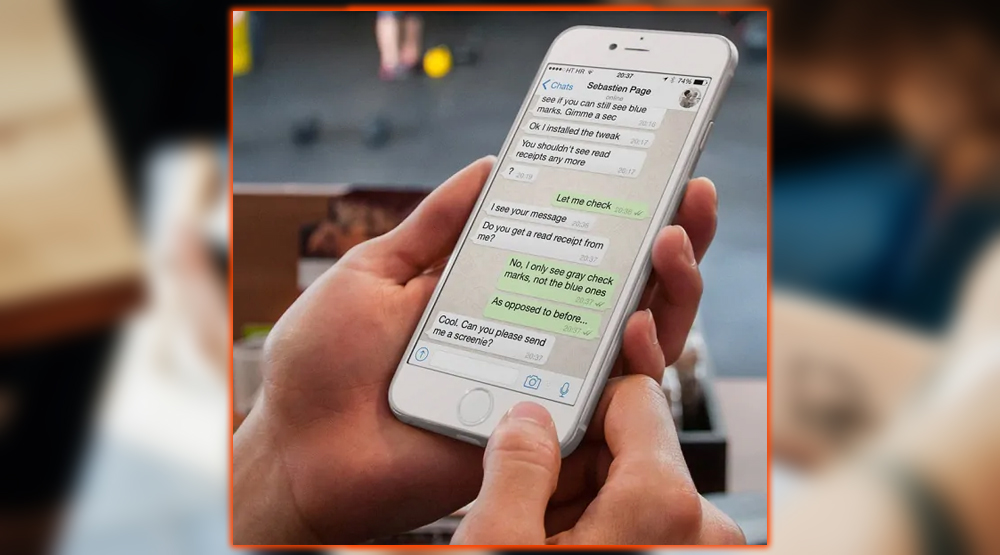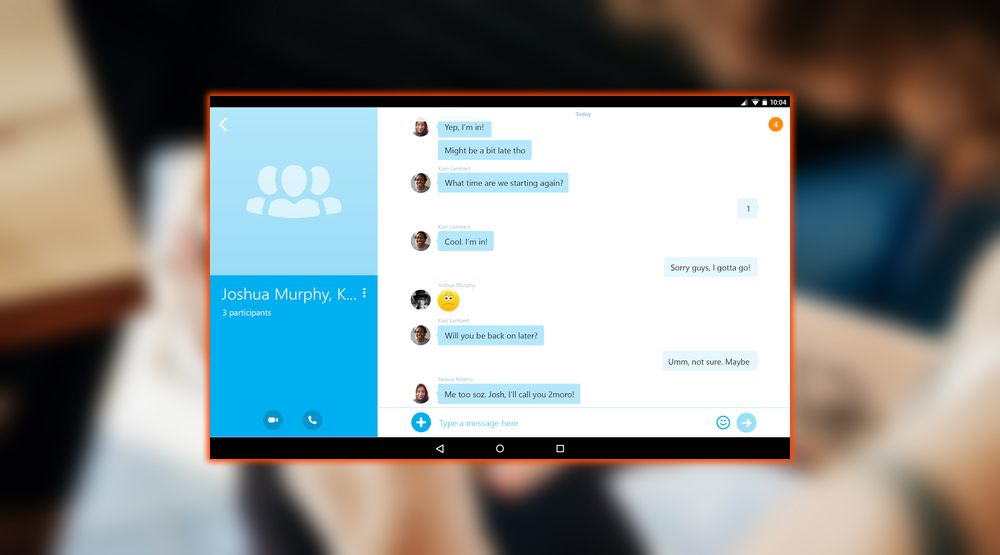The Backstory to SMS Instant Messaging
SMS stands for Short Message Service. It’s a standard communication platform built for the early days of mobile communication. Texting someone meant flipping open your phone and trying to communicate with the buttons on the dial pad. Messages were also capped at 160 characters, barely more than a tweet. That limitation remains in effect. Although modern text messaging apps will turn longer messages into an MMS, Multimedia Messaging, to work around that limitation. It’s part of the GSM protocol that doesn’t require a data connection.


Instant messaging works differently. Messages are sent over the Internet through the servers of whichever company runs the service. As such, you need an Internet connection to communicate, whereas, with SMS, your device needs cellular network data. IM was first popularized on desktop computers by services. Like AOS, AIM, ICQ, and eventually Talk, the forerunner to Hangouts. Though IM has been on Android for a while, Google’s most ambitious foray was through Hangouts. There are plenty of competitors. Being the hub for all your communication gives these companies a chance to hook you to their ecosystem. Fortunately, this competition has brought about a lot of innovation in the messaging space. These mobile messaging applications are called over-the-top (OTT) messaging. The services operate on the Internet as an alternative to your carrier.
IM App Advantages over SMS
As indicated, instant messaging on your smartphone is a vastly superior method of communicating with others. Here are a few examples of what they do better.


The Pro’s
Read notification: Many apps indicate whether or not the recipient has read the message, usually through a small icon in the conversation view. It’s great for letting you know you may have to bug that person again if they didn’t read your message. Some will also show you when someone is replying before the message comes through.
Location sharing: For example, with Hangouts, when someone asks, where are you? The app will automatically offer to share your location. It’s a slick feature, though Hangouts isn’t the only app to send your current place worldwide. This tool is a handy way to find out if someone will be late for that meetup.
Seamless conversations: Conversations can get disjointed when you switch between chatting on the desktop via IM and texting on the phone. An instant messaging app adds an excellent flow to the conversation. Because you can pick up from where you left off. This is the strength of Apple’s iMessage, of course. But since it’s iOS only, you’ll need to pick your favorite Android alternative.
No need for a cellphone connection: Using a Wi-Fi connection to message people is beneficial if you’re out of the country or in a spotty coverage area. Unless your carrier lets you text out of the country. An IM app is the best chance to keep you connected to others.
Stickers: Who doesn’t like stickers? Many apps go beyond the Emoji with a bunch of zany characters. Sometimes are the best way to get an idea across. If nothing else, they can liven up a dull day at the office.
The Best Instant Messaging Apps
Whichever service you use the most may depend on several different factors. Some are super popular overseas, like WhatsApp and WeChat. If you are heading across the pond or have friends on other continents. This is the best way to get a hold of them.


Here in the U.S., everyone has access to Facebook. The social network’s plans to build its app into an eCommerce platform make it a must-have. Skype remains a powerhouse in video chat. The instant messaging component can make it convenient if you need to follow up after a call. A few of my hard-core Android friends swear by Hangouts, so I use that as much as possible.
The Caveat Is That You’ll Need More than One.
You may have noticed one thing about the solutions outlined here: too many. Some of this is Apple’s fault; by keeping iMessage proprietary to Apple devices. The iPhone users will forever stick to the Messages app. Which means ugly green messages and standard SMS/MMS to Android users. The best hope is that Google will make Hangouts more attractive, which could mean more users. Facebook’s efforts in Messenger, and the fact that just about everyone is on Facebook, make it a good option. You probably can’t or don’t need to escape SMS completely. Still, you’ll find the conversations easier to follow if you do.


















